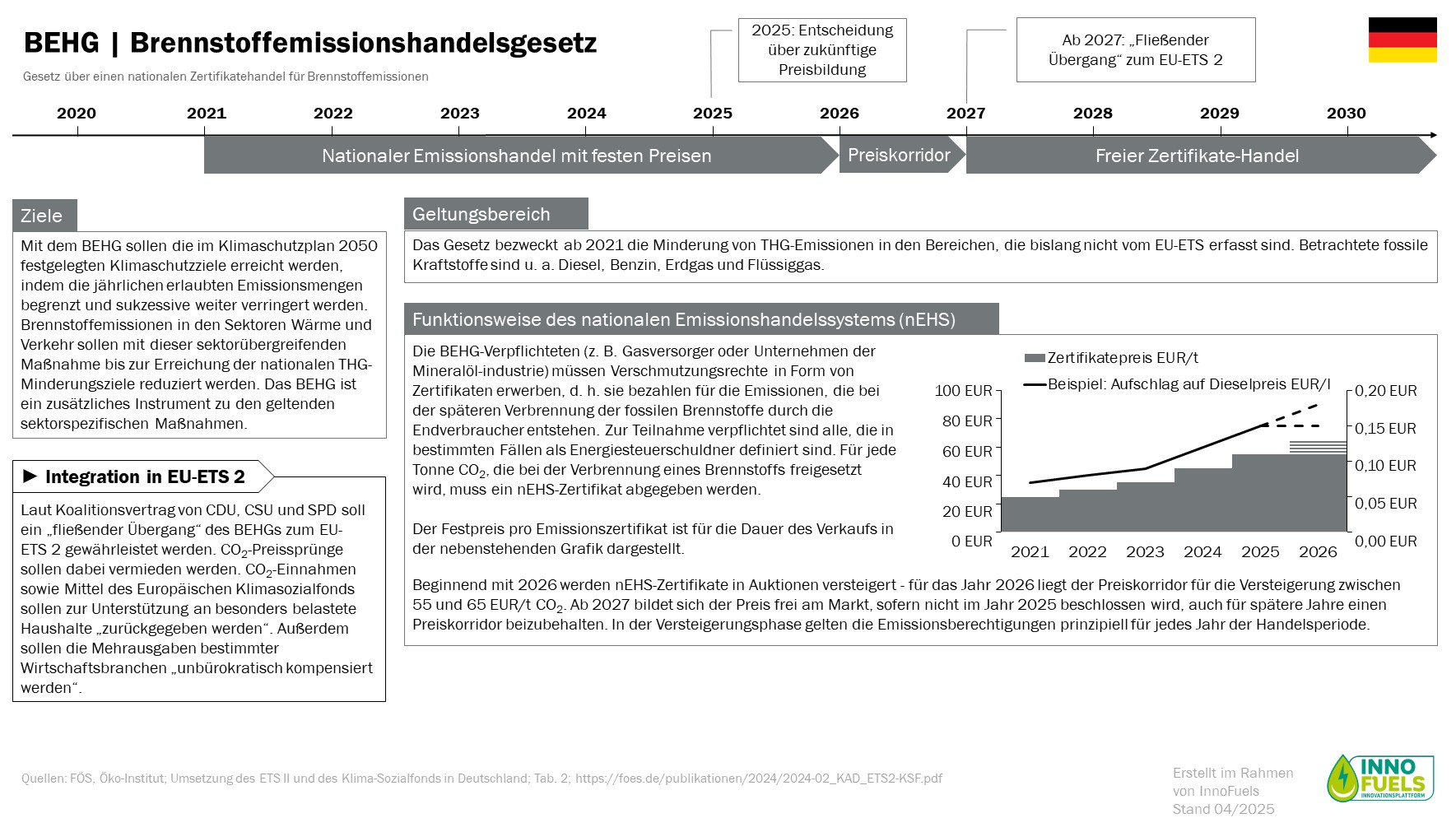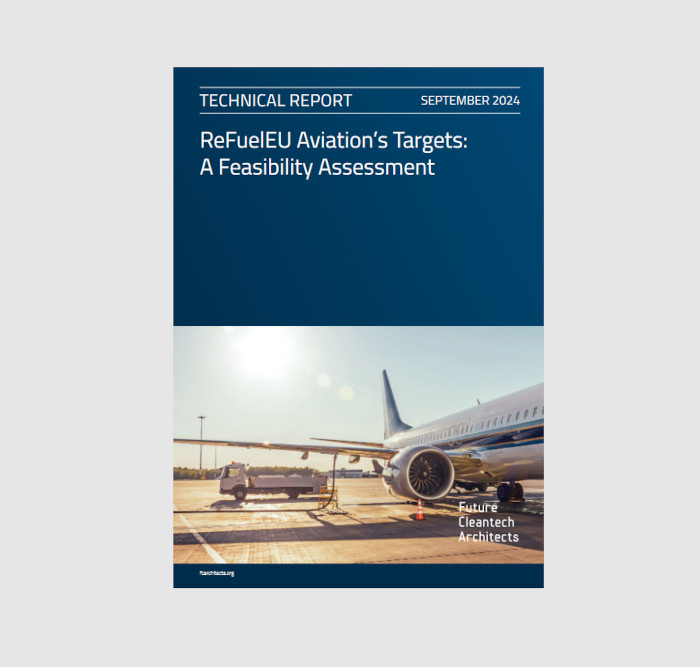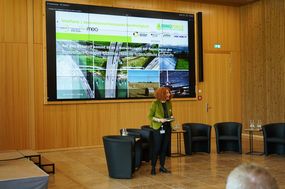Where do you see the biggest advantages in air travel? What makes Book&Claim particularly interesting here from a sustainability perspective?
It can be assumed that the production and consumption of Sustainable Aviation Fuels (SAF) are geographically far apart. Transporting large quantities halfway around the world is neither cost-efficient nor sustainable, but it would be very helpful if consumption could be booked at the place of production. In our workshop, we want to show what signaling effect this could have for SAF projects worldwide and how this could significantly accelerate the ramp-up of the corresponding industry.
What impact would the procurement of SAF on a book-and-claim basis have on blending rates, which are expected to continue to rise in aviation over the coming years and decades?
In fact, the blending quantities defined in ReFuelAviation are almost inconceivable without such a system. It is simply not possible to deliver SAF to any airport. In this respect, the introduction is almost a prerequisite for these enormous quantities to be refueled at all. Similarly, the ramp-up already mentioned is currently not recognizable and this also almost absolutely requires such a system in order to gain momentum and thus be able to meet the quotas.
What goals does the workshop pursue in addition to the basic communication and debate about the Book&Claim system?
Our main aim is to bring together different perspectives on Book&Claim and perhaps get a different perspective on the topic. In our view, the discussion is sometimes too technical and the full potential and the many advantages of book and claim are not yet sufficiently known and understood, and only with a basic understanding will it be possible to cope with the enormous efforts that such an introduction requires.
Who is the workshop aimed at?
We are therefore addressing all those involved, whether manufacturers, users, politicians or scientists. Getting to know the different points of view is certainly important and relevant for everyone in order to be able to conduct a sustainable discussion in their part of the chain and thus enable the final introduction of a Book&Claim approach.
%20KIT_Markus%20Breig%20und%20Amadeus%20Bramsie-3.jpg)
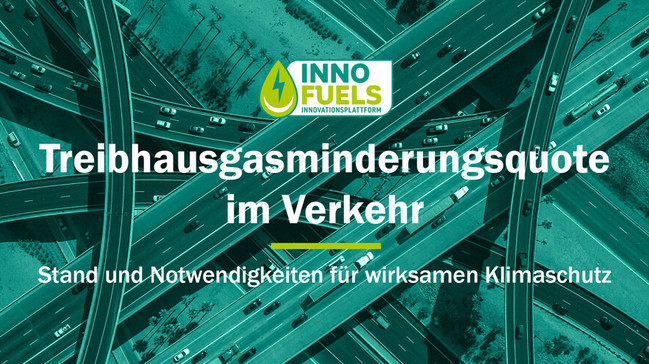
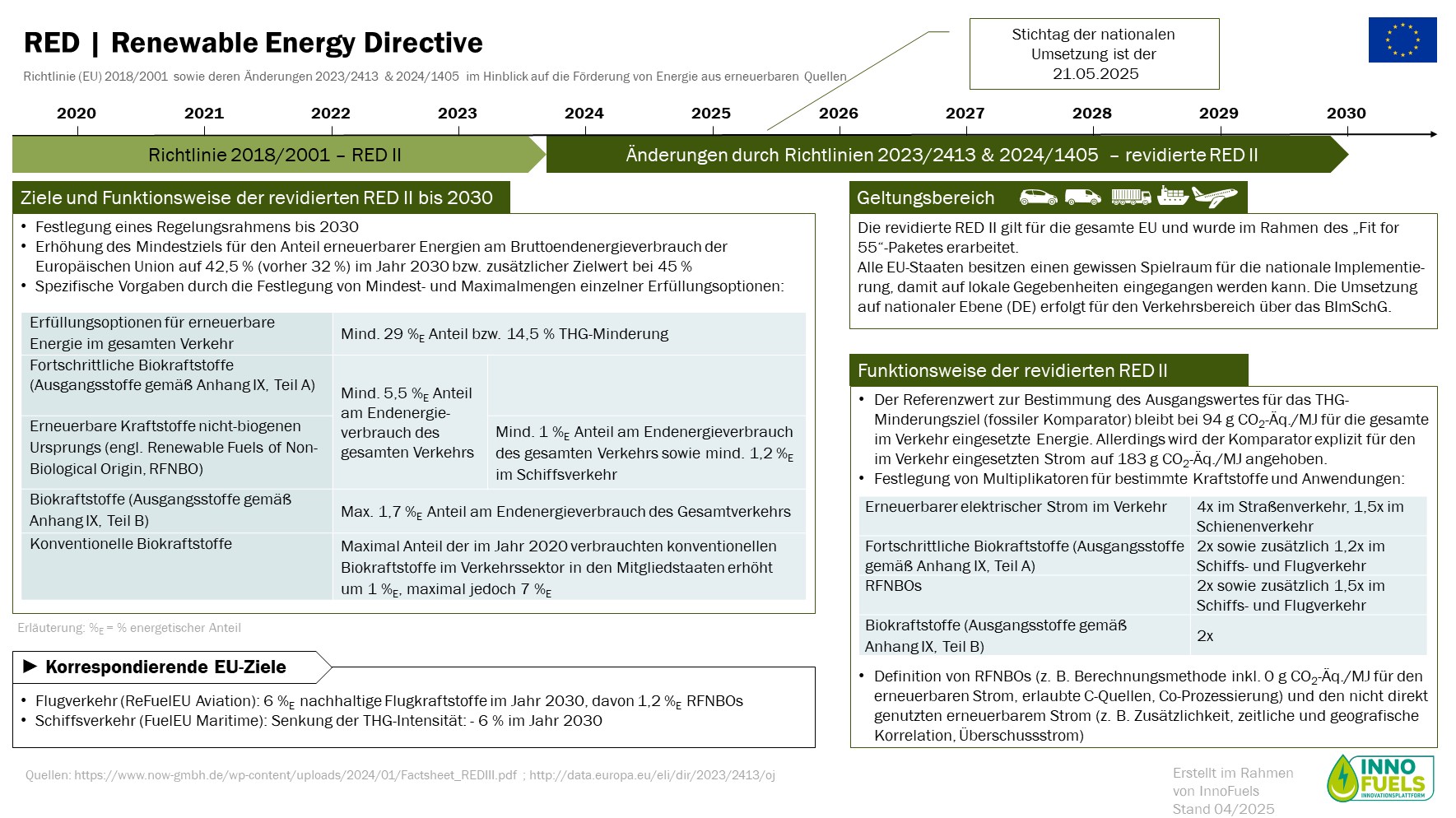
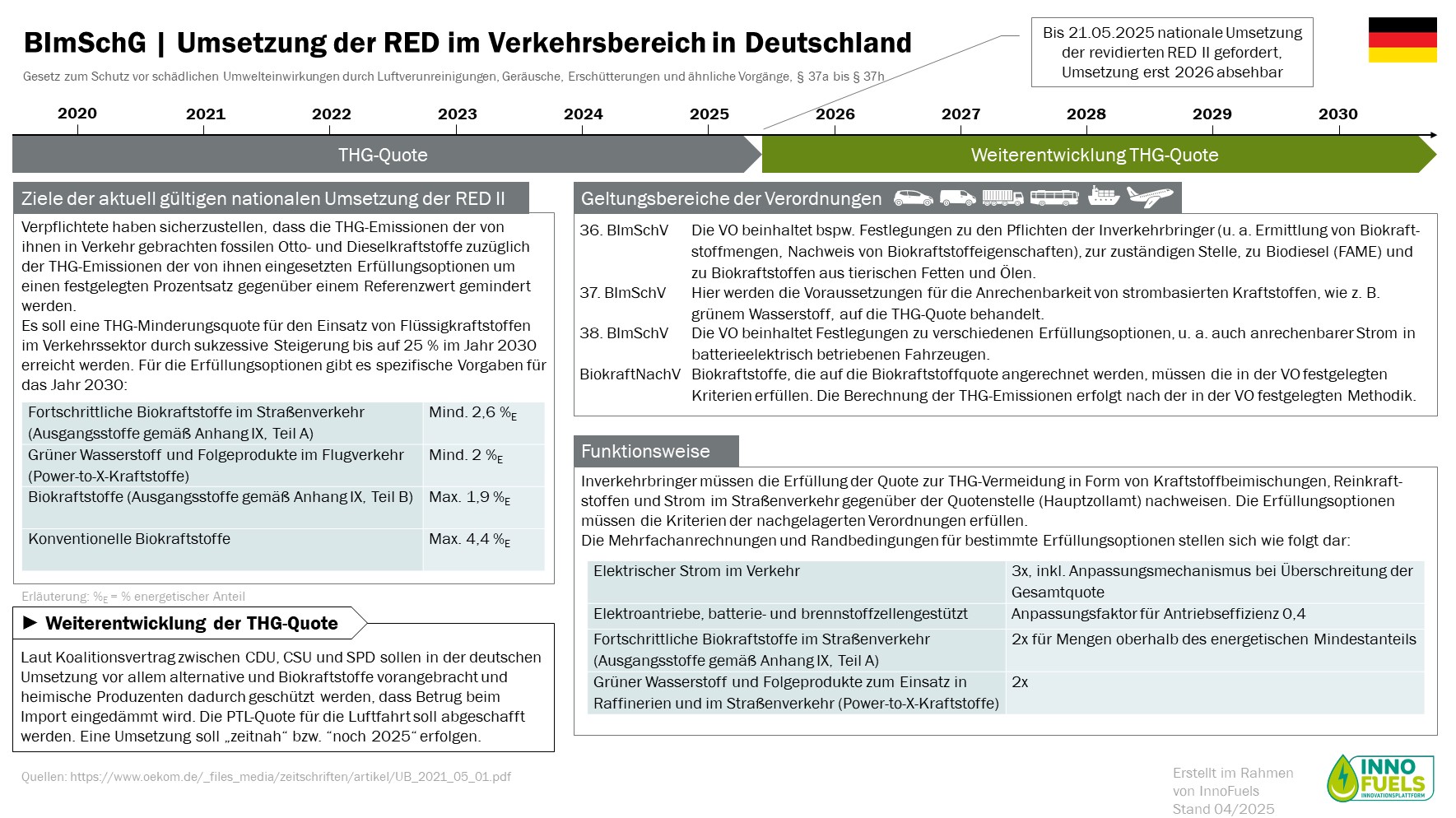
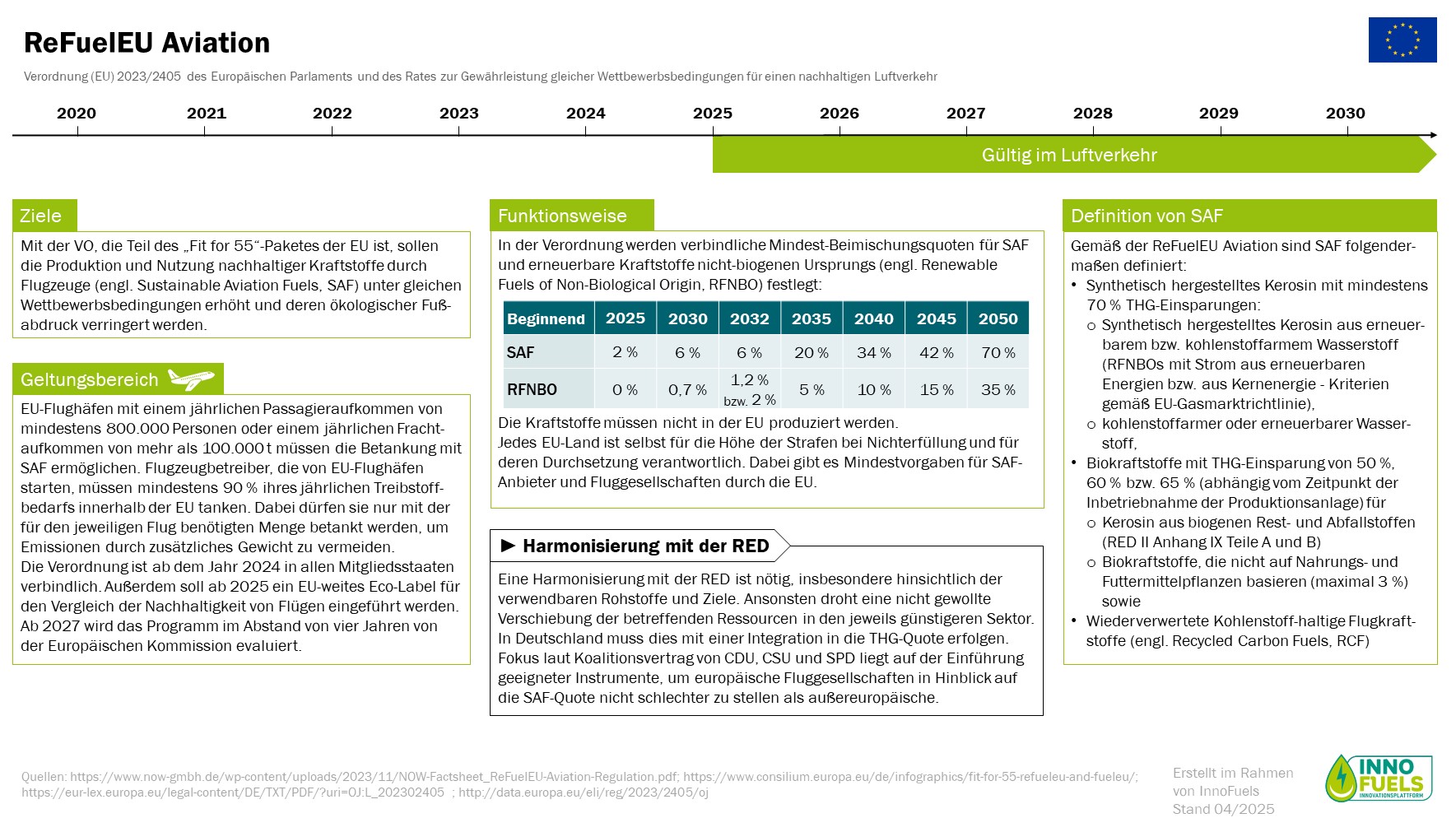
.JPG)
.JPG)

.JPG)
.JPG)
.JPG)
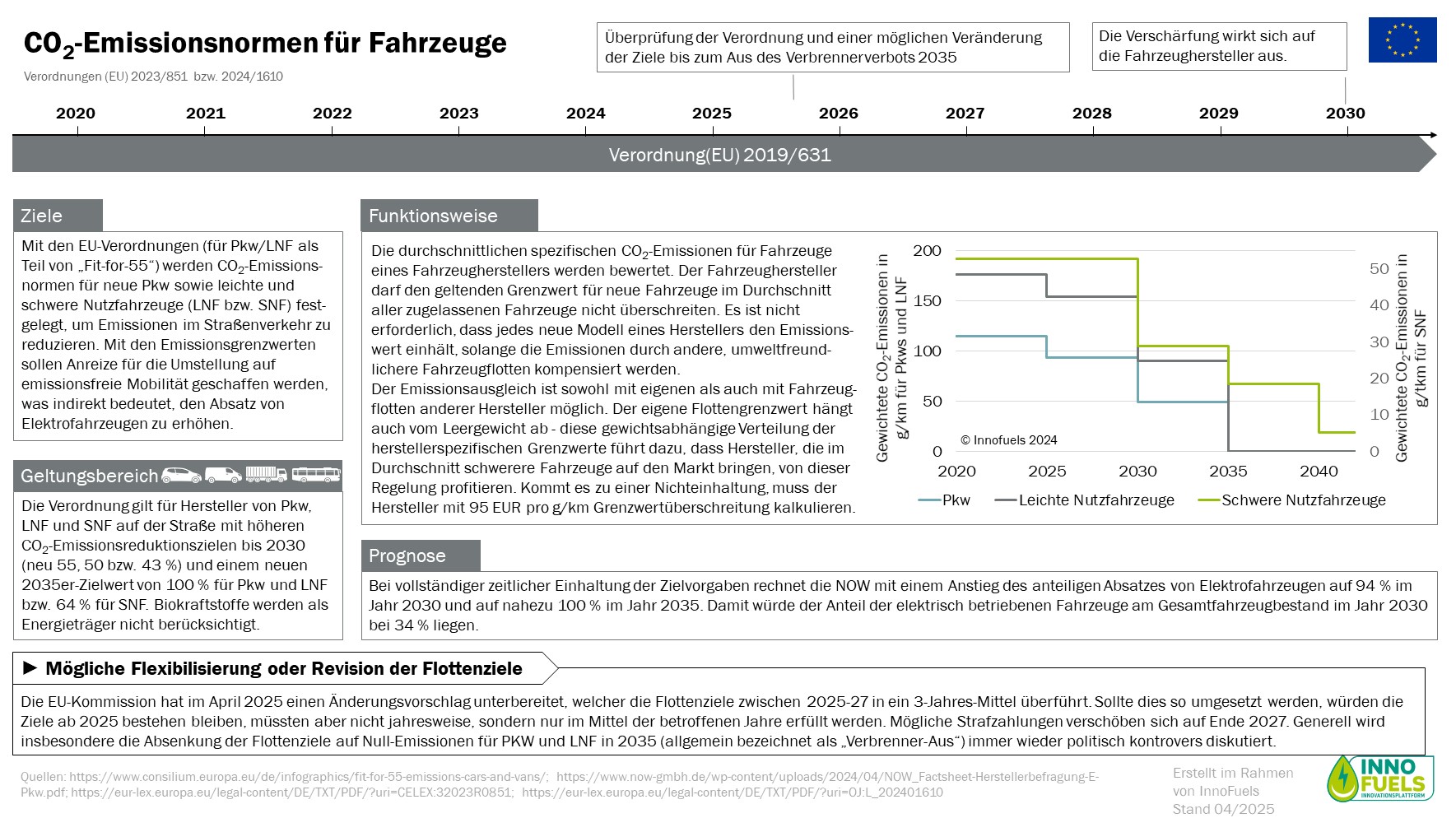
.JPG)
